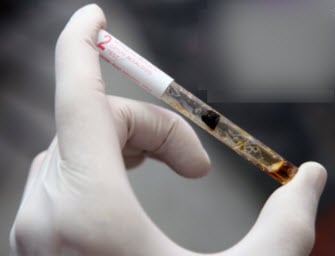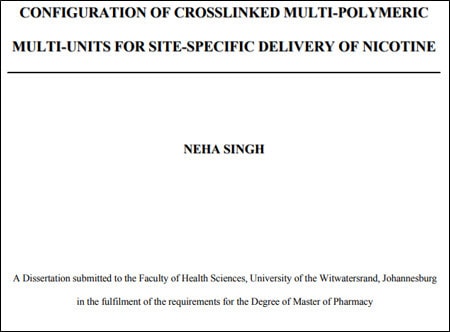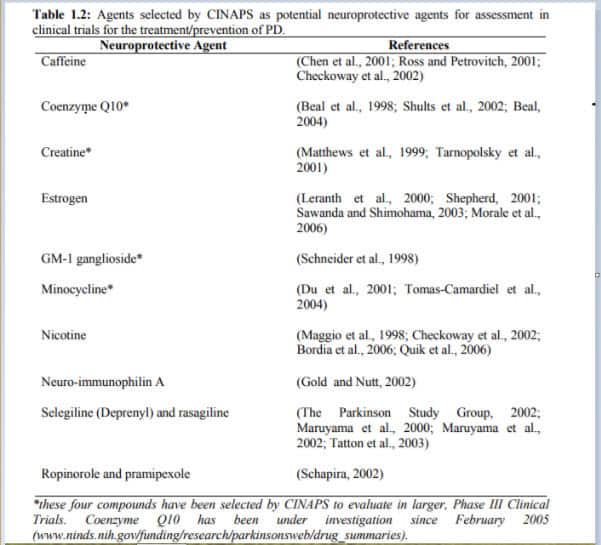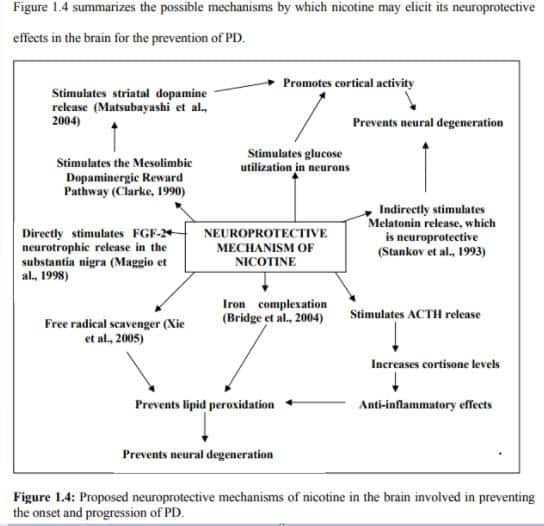
[cmamad id=”13871″ align=”center” tabid=”display-desktop” mobid=”display-desktop” stg=””]
Can this mix be good for you? Highly regarded scientific dissertation says YES. This is mind blowing…just stay with me even if it seems totally insane and ridiculous…you have NEVER heard this before…and it is VERY important this gets out…
—–Important Message——
Why is this Harvard-studied diabetes solution still secret?
Big Pharma wishes this diabetes study would just go away… This Harvard study is going to be HUGE in the headlines…for now, I’m reporting on it…it shows men a natural solution from Harvard that can help men get and stay hard again.
- Men using this say that they get their great erections back – delight your wife again, get the joys of sex back into your marriage that you and she have been craving for so long
- Eliminate dangerous Big Pharma chemicals – no deadly side effects, nothing to take, no injections…
- Increase blood circulation in the penis – better blood flow ensures erections while lowering blood sugar AND lowering A1C… (your doctor will freak out over your wonderful lab results…)

Here is the Harvard diabetes fix
————————-
Truth and lies: Benefits from smoking and coffee? Huh?
Cigarettes and coffee are… um… good for you…
If you are worried about Parkinson’s disease.
I had to think twice before I could write those words.
[cmamad id=”13872″ align=”center” tabid=”display-desktop” mobid=”display-desktop” stg=””]
I know that many people are going to think I’m joking. But I am absolutely serious.
I had to think really hard about it, in fact.
Because I’m telling a different story about some demonized substances that have surprising health benefits.
Sugar. Coffee. Nicotine.
So, while today’s newsletter is about drinking coffee and smoking, and how they may protect against the nerve damage of a brain disease like Parkinson’s…
It’s also about a man’s life journey…
A journey away from being the usual submissive patient he has been brought up to be…
A journey toward becoming an informed, responsible human.
The man who is in charge of his own health.
Taking control of your own health is complicated.
It’s not 100% possible to do that.
But every little bit of control you take is totally worth it, for a bazillion reasons.
If it was easy, everyone would be doing it. And they’re not doing it.
A single chat at the coffee machine at work will tell you that most people are not in control of their health.
They think taking responsibility means handing over their entire health care to their doctor.
And that’s not working for them! Duh!
Think for yourself, educate yourself, and follow science.
Visit your doctor regularly, of course, but do your homework too.
If you follow what science is (quietly) putting out there, you won’t be going in the direction you might expect.
You will definitely find yourself swimming against the tide of popular opinion.
Yeah, public opinion is powerful but often misleading information.
Your doctor is also caught up in it because they have a vital role to play in the “follow the money” story that has also demonized aspirin and vitamin A.
Why? So that expensive substitutes that happen to be ineffective can take over.
Good for profits, yes. Other people’s profits.
Good for you? Often, no.
The science that everyone “knows” is often weak and biased.
You need to read honest, well-conducted studies.
And deal with your diet. A simple, nutritious diet is probably the most powerful thing you can do to improve your health.
But there is no perfect food – or other substance we ingest or inhale.
Everything has good and bad qualities.
For example, the best source of cancer-protective selenium is Brazil nuts, but those damned nuts are high in PUFAs.
Even the air we breathe – the purest mountain air – brings stress into our bodies along with the oxygen.
I could go on…
But let’s talk about cigarettes and coffee.
And we’ll find that we’re also talking about following and decoding our body’s cravings.
I’ve written before about the surprising findings that coffee and smoking can protect against Parkinson’s Disease. (You’ll find the links below.)
But something jumped out at me from this article, which is a dissertation for a Masters in Pharmacy.

What jumped out at me was the way nicotine was discussed in the paper.
“Nicotine was employed as the model neuroprotectant to incorporate in a novel reinforced crosslinked multiple-unit multi-polymeric drug delivery device.”
Nicotine was identified as promising and safe by none other than the National Institute of Health (NIH).
Parkinson’s is not curable and the chemicals currently used to treat it lose their effectiveness…
So the NIH set up a Committee to Identify Neuroprotective Agents for Parkinson’s disease (CINAPS).
Below is CINAPS’s short list of the most promising protective substances based on scientific rationale, blood-brain barrier penetration, safety, effectiveness, and tolerability.
Nicotine is on this list. And so is caffeine.¹

Nicotine shows so much promise for Parkinson’s that all they’re trying to figure out now is the best way to get it to the brain.
It’s more important for men to know about this than you might think:
“Affecting one in every 100 persons above the age of 65 years, Parkinson’s disease is the second most common neurodegenerative disease after Alzheimer’s disease…”
That’s a good reason to think about it. But right now?
“It is estimated that the loss of dopaminergic neurons…are as much as 70-80% by the time diagnosis is made.”
This makes me very interested in not waiting for a diagnosis.
It makes me want to start protecting my nerves right now.
“Effective clinical neuroprotection would importantly reduce Parkinson’s-related disability for thousands of patients.”
We’ve been led to believe that disease prevention means lots of tests.
Also salads and exercise.
Lots of men are doing these things in good faith.
But I’m not sure they’re totally on the right track.
Testing has its place, but in Parkinson’s, it’s 70-80% too late…
By the time you have symptoms, you’ve lost three quarters of those neurons.
So I’d like to consider the everyday substances available to me, and see what they can do for me.
To call smoking problematic is an understatement…
It clearly has major downsides we should not gloss over.
But, like many things, it’s a mixed bag.
Maybe people who crave a cigarette are seeking nicotine for their nerves.
“Well obviously,” many smokers will say.
Have a look at what nicotine does in the brain:

Prevents neural degeneration. Stimulates dopamine release. Prevents lipid peroxidation. Free radical scavenger. Anti-inflammatory. Helps neurons use glucose.
If it wasn’t for the downsides, you’d call it a multi-faceted blockbuster of a treatment.
If you’re concerned about Parkinson’s, think about looking into how to get nicotine without smoking.
Patches, gum, and chewing tobacco all have their uses. But they all have their downsides.
Still, maybe it’s worth looking into, if you’re worried about Parkinson’s… and you really want a cigarette.
Because of this:
“The inverse relationship between the ‘novelty-seeking’ personality (versus the law-abiding…cautious ‘reduced-novelty seeking’ personality displaying a ‘certain intellectual and moral rigidity'”
“Smoking, alcohol, coffee, cocaine, amphetamine, and opiate abuse have all been shown to have somewhat of a preventative effect in the onset of Parkinson’s.”
So it’s well established that men who seek novelty, stimulation, and some of the substances that give it to them are less likely to get Parkinson’s.
Obviously, these substances are not good choices for many other health and life reasons.
But if it is true that your body learns to crave what it thinks may help, there may be a useful life message here.
Perhaps if we can seek to satisfy these urges with less damaging things, we will be better for it.
Whether that’s coffee and a cigarette, or a patch or gum, or a road trip, or kite surfing, or learning something new, or going to a talk, or just reading a really inspiring book, you’ll be learning from your craving, and perhaps protecting your brain.
¹Estrogen is on the list too. But I recommend you search this site and read more about estrogen before you consider going anywhere near that.
—–Important Message—–
There are men living in the former Soviet republic of Georgia who often live to 95 or older.
They are not vegetarians. They regularly eat meat, even pork.
They are not physical fitness nuts.
NONE of them work out, and NONE of them do purposeful physical exercise.
They are often smokers.

And no, they are not genetically gifted…when these men move to the typical Western country, they don’t live as long as the men back home.
This proves that their long life and virility has to do with lifestyle, not genetics.
And the most striking thing is that these men have sex with their wives practically until the day they die, well into their 90s and even their low 100s.
My grandfather was one of these men. When he died at the age of 95, he was still having sex regularly with two younger ladies.
I’ve studied what these men do, men like my grandfather, and I’ve found one commonality.
Here is what these men all have in common.
————–


Leave a Reply